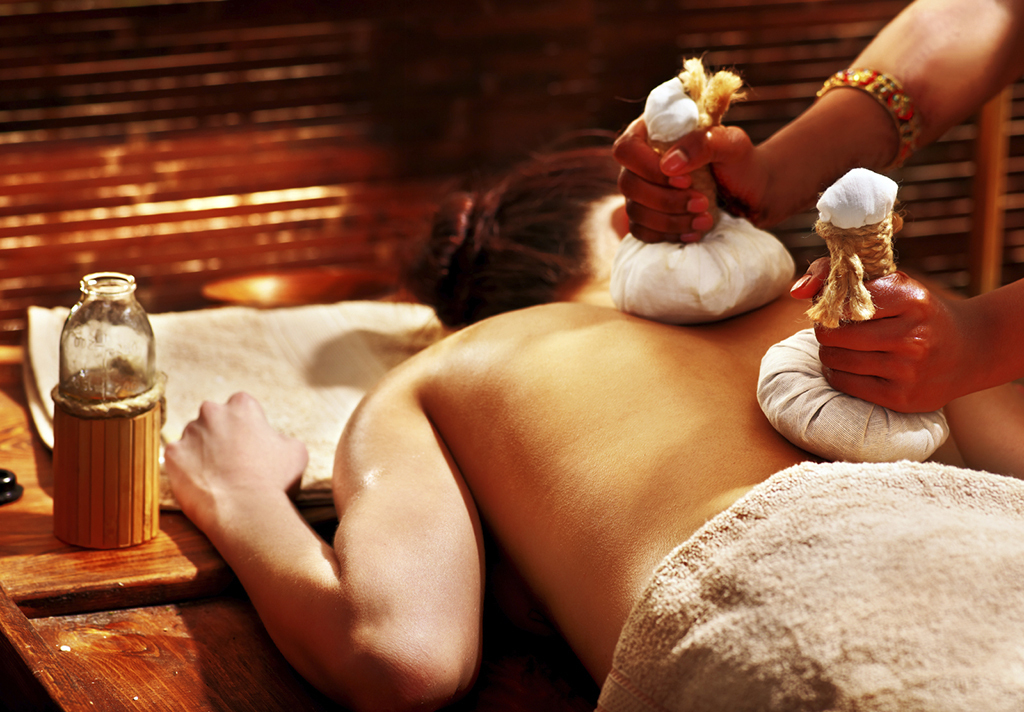Ayurveda – ‘the science of life’ in Sanskrit – is considered by some to be the world’s oldest healing medicinal system. Its historical roots are in India and stem from the ancient Vedic culture.
Often referred to as the ‘mother of all healing’, Ayurveda originated between 5,000 and 9,000 years ago and is an original and holistic form of alternative and preventative medicine.
The concepts of Ayurveda were traditionally taught by highly regarded masters to their disciples. Although some of these teachings were committed to paper thousands of years ago, much was sourced purely from the spoken word.
Based on the ethos of maintaining health and bringing about harmony through paying attention to the balance of body, mind and spirit, proponants say that Ayurveda can help prevent illness and disease while promoting positive health. Leading Ayurvedic practitioners fervently believe that we are the best people to heal ourselves through calm thinking, healthy lifestyle choices, nourishing nutrition and the use of herbs.

Ayurvedic health is based on the three fundamental doshas – or metabolic types - present in everyone and everything:
vata (air and space)
pitta (fire and water)
kapha (water and earth).
These elements should be in perfect harmony in all of us, but usually one or perhaps two doshas are more dominant, causing unbalance and upsetting our capacity to heal. A consultation with an Ayurvedic doctor will determine our prevalent dosha and what we need to do to achieve balance.
As a very simplistic example, those with a fiery pitta dosha may be prescribed diets and herbal remedies that cool their temperaments, and are told to avoid hot or spicy foods.
Practitioners often use Ayurveda in conjunction with Western medicine to make a person stronger and more able to withstand disease and illness, as well as to help heal the body after illness. Whether in relative good health or in recovery and rehabilitation, Ayurveda aims to alleviate symptoms of stress and imbalance through diet, massage, meditation, yoga and herbal remedies.
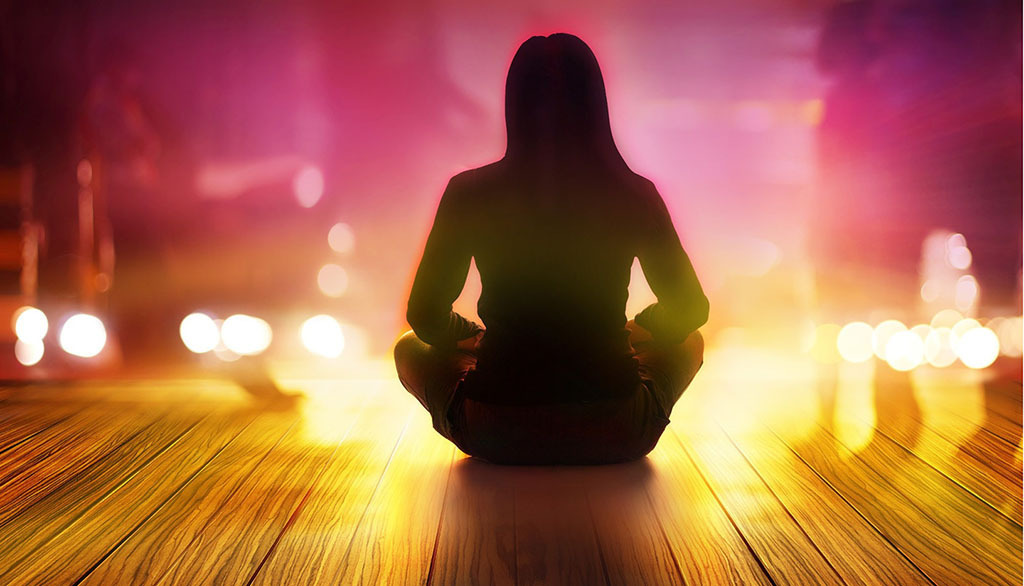
Ayurvedic massage promotes and encourages deep-seated restoration as well as stress and tension release within the body. It may feel different from an ordinary massage in that a lot of oil is used, sometimes poured onto the body and head, and the herbs have a very particular smell. Strokes will be long and flowing, or very focused, and the therapist will be in tune with the client’s body, sensing any blocks, knots or past stresses that may need attention. Music, vibrations and mantras are important in Ayurveda; you may have chakra healing music in the treatment, or the therapist may chant (out loud or in her head).
Some treatments may use herbal poultices, or a copper Shirodhara pot to pour a steady stream of oil onto your ‘third eye’ chakra in the middle of your forehead. Traditional Ayurveda treatment beds are made of neem wood, a healing Indian tree.
Marmas and chakras are important in Ayurveda treatments. Marmas are acupressure points and there are said to be 107 in the body. They are also where the elements – air, fire, earth, water and ether – are concentrated. Chakras are also vortexes of energy linked in Ayurveda to healing the main organs. In Ayurveda massage the marmas and chakras are 'unblocked' so that the energy or qi flows freely.
A four-handed Abhyanga full body massage traditionally starts with warm herb-infused oil -specific to your dosha type - being dripped liberally on your head and then across your whole body and massaged in with long, light, sweeping strokes from two pairs of hands on a heated massage table. Particular attention is paid to sensitive areas and nerve endings such as the soles of your feet, palms of hands and bases of the fingers. It’s common not to remember much about your treatment, so deeply relaxed will you be, and you are quite likely to drift in and out of consciousness as the therapists work their magic.
A Prishtabhyanga massage concentrates on the back, neck and shoulders to treat localised aches and pains or tightness. Organic herbal oils permeate the pores to encourage tissue healing and release tension and pain.
Other popular treatments and therapies include Panchakarma – a five-fold purification/detoxification treatment, and Shirodhara, in which a warm herb-infused oil is poured onto the forehead before and during a head massage to calm the nervous system, reduce stress and relieve headaches.
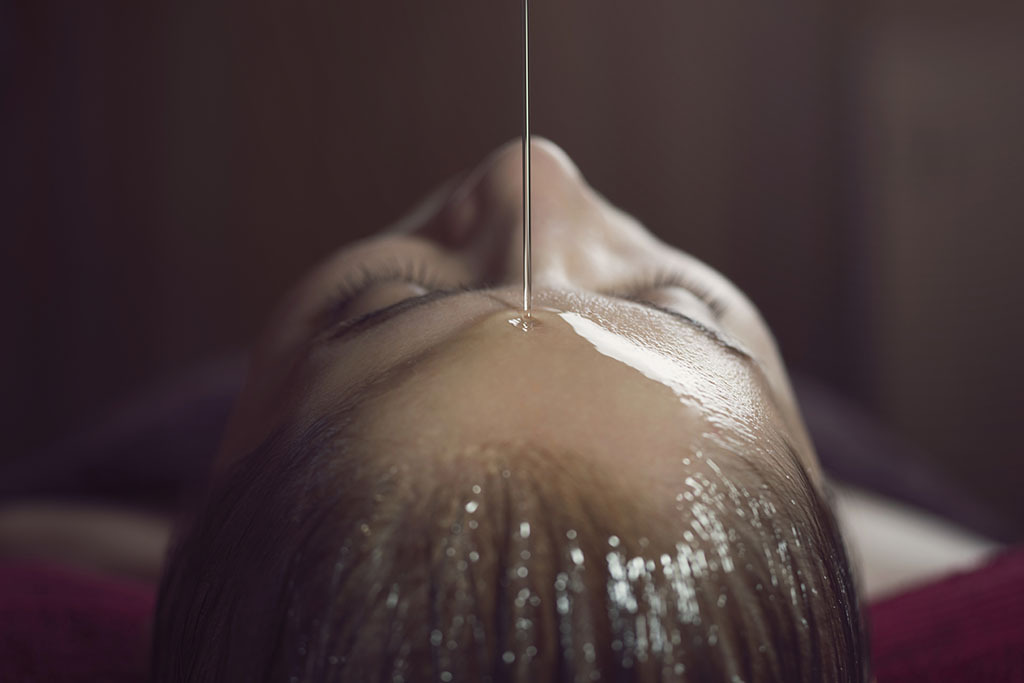
Ayurvedic herbal baths soothe the muscles and relax your body thanks to a heavenly combination of scented blooms, herbs and oils mixed into warm water.
Ayurvedic wraps and body scrubs are formulated from natural ingredients to correspond to your dosha or constitution.
Ayurvedic face masks typically contain healing clay, herbs and oils as well as algae to nourish, revitalise and enhance lacklustre skin.
Finally, yoga, meditation and breathwork are key pillars of Ayurveda in promoting better overall health, increased flexibility and mindfulness.
Proponents say that Ayurvedic treatments strengthen the blood circulation around your body, aiding the blood supply to reach the nerve endings. They may also tone muscles, lubricate and increase the strength of your joints and lead to a generally calming effect on both the brain and the body. Increased mental alertness and capacity is a pleasant and useful side effect.
Don’t plan any major socialising after your treatment if you can help it. Leave the oils on your body, face and scalp for as long as possible to promote deep relaxation and, eventually, a good night’s sleep.
If you’re an Ayurvedic first-timer, it would be useful to read up a little on the basics behind this ancient healing regime and think about what you would like to achieve from your treatment. Classical Ayurvedic treatments are bespoke to the individual, having been informed by your personal history and environment, so try and identify any weaknesses, issues or areas you would like to strengthen.
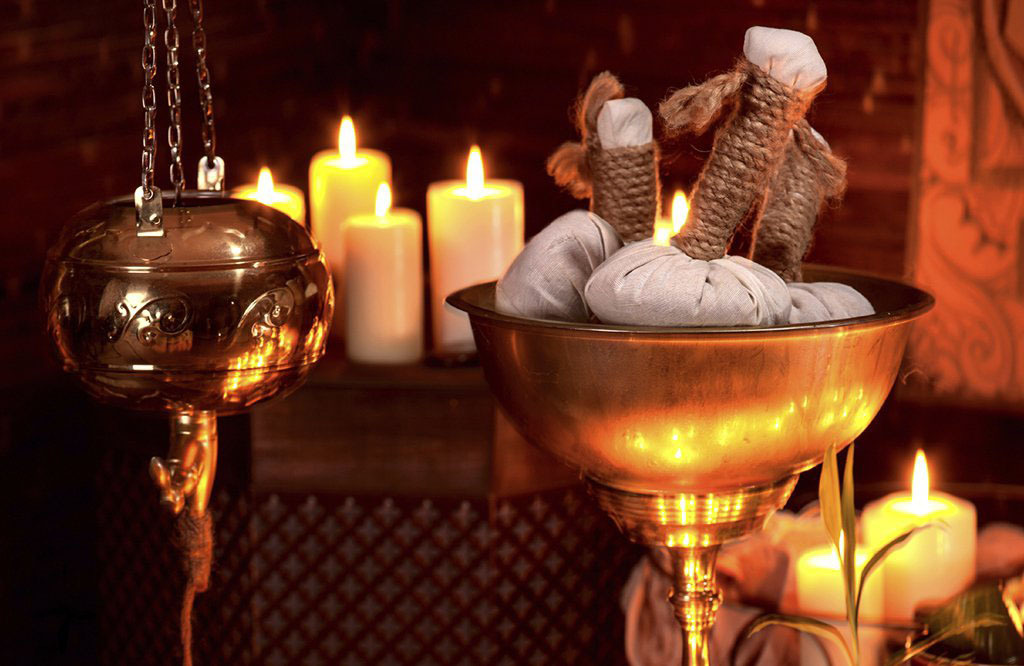
Take a few precautions to ensure you get the most from your treatment:
Also tell your therapist if:
Take the opportunity to rest in the spa’s relaxation room or lounge, snatching 40 winks if you feel like it – it’s not unusual to feel fatigued after a treatment. Drink some warm herbal tea and lots of water to helpwith dehydration and avoid caffeine and alcohol.
With a wild and serene ocean setting for an Ayurvedic consultation to define your dosha type and tailor your massage accordingly, The Scarlet also offers a three-night Ayurvedic Eat, Sleep, Treat, Repeat programme for deep healing and restoration.
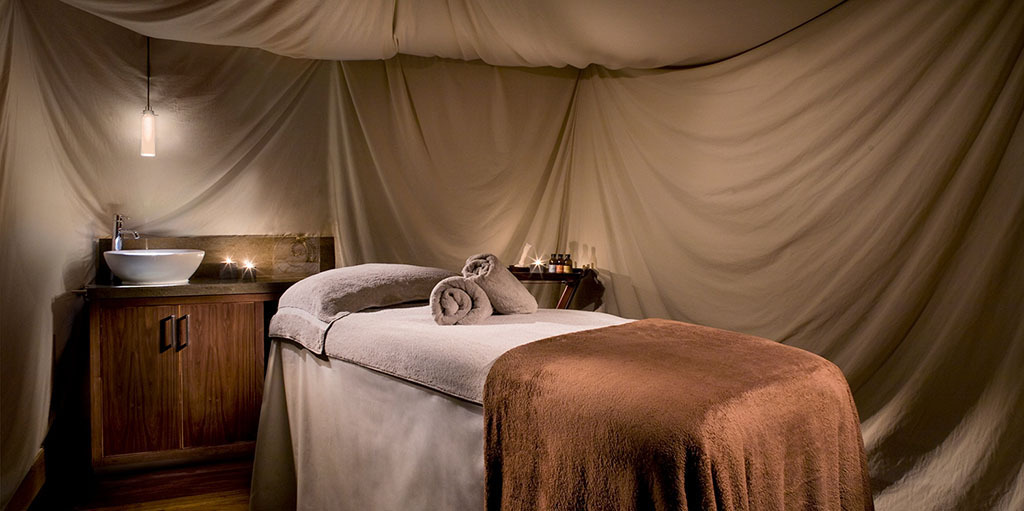
Try the Bespoke Potali Massage at the Three Graces Spa which draws on the healing traditions of Ayurveda. The treatment involves heated herbal pouches – or potlis – filled with therapeutic thyme, rosemary and Himalayan salt and dipped in argan, frankincense and pine oil being pressed rhythmically over the body to rejuvenate stiff, tired muscles.
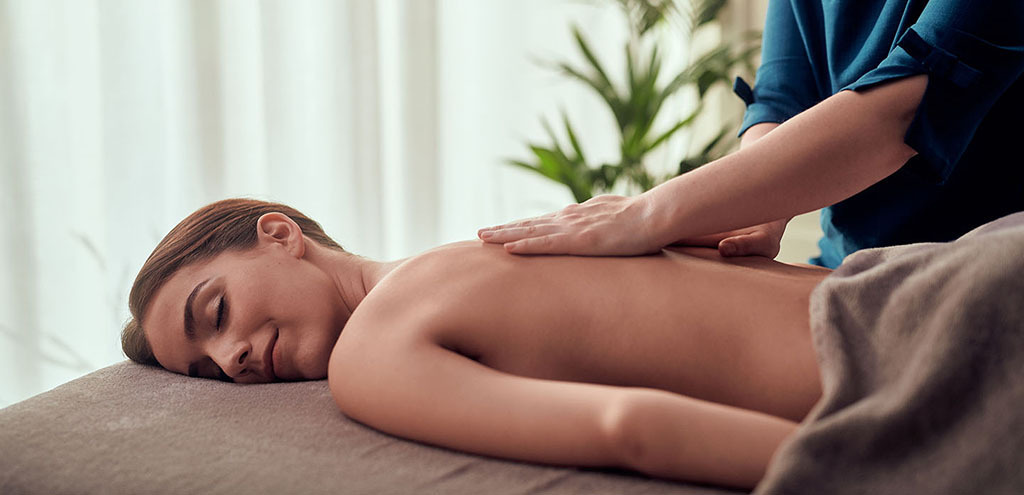
The Bulgari Spa’s Mauli Rituals treatments encapsulate ancient Ayurveda in a blend of essential oils and organic ingredients hand crafted in England. Bespoke treatments include the 120 minute Prana, a mineral-rich Marma therapy, which aims to improve blood flow and lymph circulation, and Savasana, a 90 minute Polti massage.
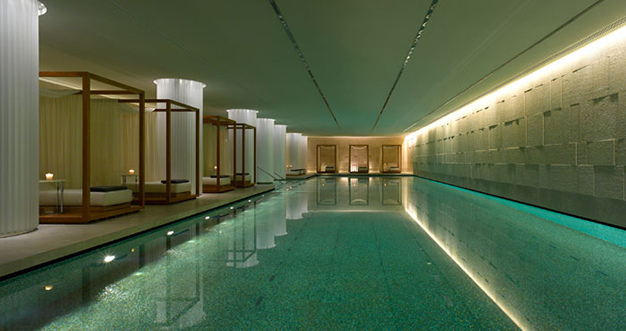
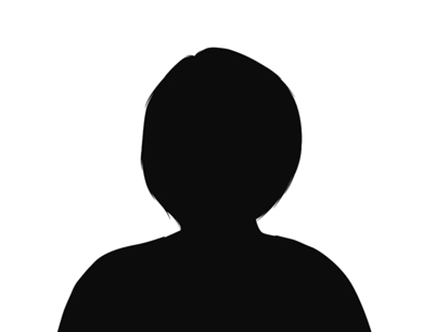
Savant Spy
17th April 2020
Spy Likes:
Clever, inspiring design, sublime views, a vast, clean and empty pool, solitary relaxation areas to read, write or commune with my muse.
Spy Dislikes:
Small talk, discussions about spirituality or astrology, any products containing tea tree oil or aloe (sadly am allergic), busy pools where you can’t do laps.
